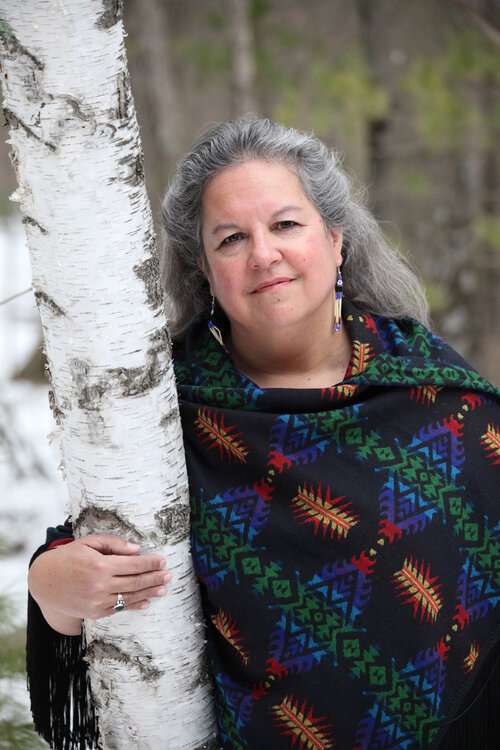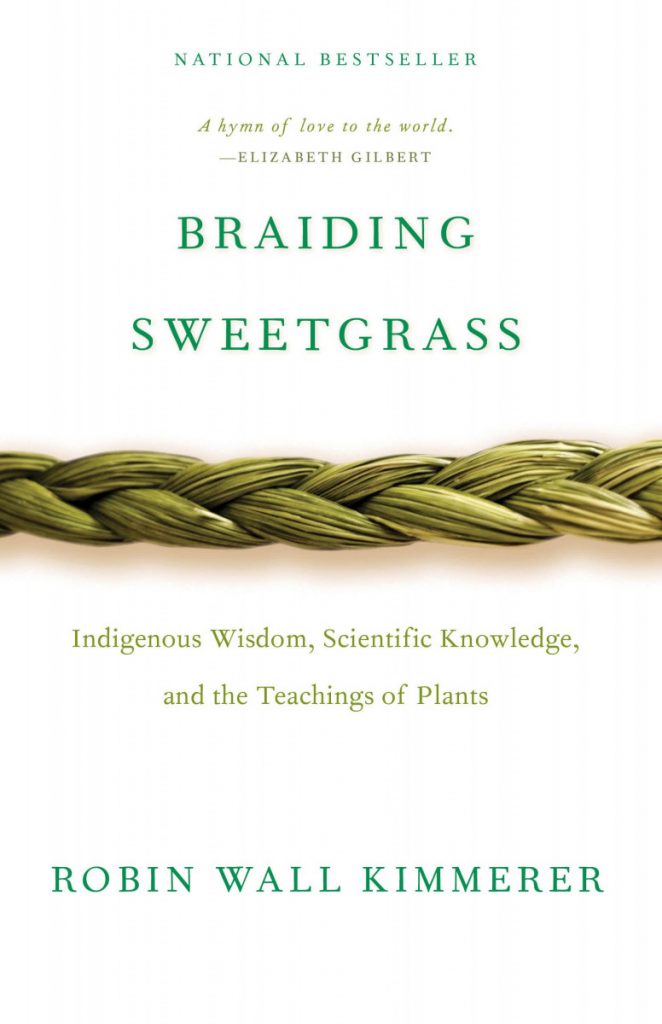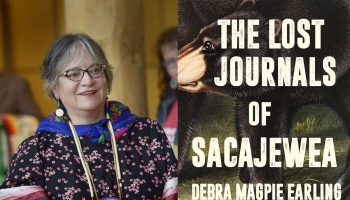As one of the people who recommended Robin Wall Kimmerer’s 2013 nonfiction book Braiding Sweetgrass: Indigenous Wisdom, Scientific Knowledge and the Teaching of Plants for the Chautauqua Literary and Scientific Circle, Stephine Hunt feels its merits are numerous and far-reaching.
“(When I recommended it) I was thinking about how we can speak specifically to our relationships with land, and with this term ‘wilderness’ that tends to place the human outside of nature,” said Hunt, the CLSC Octagon Manager. “There’s this idea that the wild needs to be outside of the human in order to be wild. I think this book does a lot of work to show us that human and nature are one and the same and work together to very simply survive.”

Part of the reason Hunt suggested Kimmerer — a botanist, author and Potawatomi citizen — as the CLSC author for Week Two was because Hunt wanted to see an Indigenous voice on the season’s roster of CLSC authors.
“Kimmerer brings with her this depth of knowledge that we really need to bring into the conversation about nature,” she said, “especially if we want to build a relationship outside of the dichotomy of human and nature that we often encounter in narratives of wild and wilderness.”
At 3:30 p.m. Thursday, July 7, in the Hall of Philosophy, and simulcast into the Hall of Christ, Elizabeth S. Lenna Hall, and to CHQ Assembly. Kimmerer will discuss her book Braiding Sweetgrass. In her book, Kimmerer — an enrolled member of the Citizen Potawatomi Nation — connects Native traditions to Western science and methodologies, drawing the two together. Braiding Sweetgrass won the 2014 Sigurd F. Olson Nature Writing Award, and appeared on numerous bestseller lists.
“If we’re thinking about how we generate a relationship with the knowledge that Kimmerer is sharing, it asks us to be more conscientious about the land that we’re on, and all of our daily activities — where we live, where we work, where we play,” Hunt said. “It also asks us to be knowledgeable of whose traditional territory this is that we call home.”

According to Sony Ton-Aime, Chautauqua’s Michael I. Rudell Director of Literary Arts, Braiding Sweetgrass focuses much of its energies on “how we are all connected to the Earth, and how the Earth is providing to us all, and how best we can be a steward of what the Earth has offered us.”
Ton-Aime also appreciates the knowledge of Indigenous culture Kimmerer offers.
“Robin Wall Kimmerer is someone who is deeply interested and is deeply observant of the wisdom of Indigenous people in the United States,” he said.
Ton-Aime said that many Chautauquans over the years have recommended Braiding Sweetgrass be added to the CLSC list, and in 2022, the opportunity arose.
“If we listen to the people who have been inhabiting this land for so long, and couple Western scientific knowledge with their knowledge, we will be better stewards of this land that we have,” he said. “It’s about going back to the essence of what land is and what our place in it is.”




